Vous êtes confus par tous les différents types de protéines ? Il est facile de se sentir dépassé. Il existe BEAUCOUP de protéines. Alors, qu'est-ce qui est le mieux ? Et qu'est-ce qui ne vaut pas la peine d'y consacrer du temps ? Que vous ayez récemment commencé un programme de remise en forme ou que vous soyez un vétéran de la salle de sport, ajouter des protéines à votre alimentation est probablement une priorité absolue dans votre routine de bien-être. La première chose que beaucoup de gens cherchent à augmenter leur apport en protéines est d'augmenter les protéines animales dans leur alimentation. Cependant, faire le plein de viande peut ajouter des calories supplémentaires, n'est pas très pratique et peut avoir de nombreuses conséquences malsaines. Et c'est là que les suppléments protéinés entrent en jeu pour répondre à un besoin essentiel. Il existe de nombreuses façons d'ajouter des protéines à votre alimentation sans augmenter votre consommation de viande. Examinons les types de suppléments protéinés qui existent et comment ils vous affectent.
Qu'est-ce que la protéine de lactosérum ?
Lorsque vous décidez quelle protéine prendre, vous tomberez souvent sur la protéine de lactosérum. C'est une protéine qui est un ingrédient populaire dans les mélanges de boissons protéinées, les barres et plusieurs autres produits de perte de poids. Cette protéine, que l'on trouve couramment dans le lait de vache, est le liquide qui reste pendant le processus de fabrication du fromage. Le liquide restant est pasteurisé et séché pour être ajouté à de nombreux produits. Il peut se présenter sous différents types de poudre, notamment sous forme de concentré, d'isolat et d'hydrolysat.
L'un des types de poudre les plus courants que la plupart des gens consomment est le concentré de lactosérum, le moins cher et le plus facilement disponible. Le lactosérum contient une quantité énorme d'acides aminés, les éléments constitutifs des protéines. La plupart des gens ajoutent des protéines de lactosérum à leur régime alimentaire, principalement lorsqu'ils s'entraînent, car elles peuvent aider à perdre du poids, réduire l'inflammation et favoriser la croissance musculaire. Parmi les autres avantages que les protéines de lactosérum peuvent apporter, citons la réduction de la tension artérielle, le traitement du diabète de type 2 et l'aide aux défenses antioxydantes de l'organisme.
Qu’est-ce que l’isolat de lactosérum ?
Bien que le concentré de lactosérum soit une forme courante de protéine de lactosérum que l'on retrouve dans de nombreux produits nutritionnels, l'isolat de lactosérum contient plus de protéines. Le concentré de lactosérum contient environ 70 à 80 % de protéines, tandis que l'isolat en contient 90 % ou plus. De plus, l'isolat contient moins de matières grasses et de lactose. Si vous êtes intolérant au lactose ou si vous avez des problèmes digestifs avec les produits à base de lait de vache, l'isolat peut être moins agressif pour votre système digestif . L'isolat de lactosérum peut également aider à récupérer après l'entraînement et peut améliorer l'endurance.
Qu’est-ce que la protéine nourrie à l’herbe et est-elle meilleure ?
Lorsque vous achetez des protéines de lactosérum, vous remarquerez peut-être que l'étiquette indique qu'elles sont nourries à l'herbe . Cela signifie qu'au lieu de paître dans un parc d'alimentation traditionnel, de manger des céréales, du soja ou du maïs et de recevoir des injections d'antibiotiques, les vaches se promènent librement et mangent de l'herbe naturelle. En conséquence, les vaches nourries à l'herbe produisent un lait beaucoup plus nutritif, qui comprend des oméga-3, des vitamines et des minéraux.
L’amélioration de la valeur nutritionnelle du lactosérum peut potentiellement contribuer à réduire le risque de maladie cardiaque, à favoriser la gestion du poids et à lutter contre le cancer. En plus des oméga-3, le lactosérum nourri à l’herbe contient également davantage d’acides linoléiques conjugués, un groupe de graisses qui peuvent favoriser une masse corporelle plus maigre et un métabolisme accru.
Qu'est-ce qu'une protéine végétalienne ?
Alors que de nombreuses personnes changent leur régime alimentaire en passant d’un mode de vie à base d’animaux à un mode de vie à base de plantes, elles se demandent peut-être comment elles peuvent obtenir les protéines dont elles ont besoin. Étant donné que la viande et les produits dérivés d’animaux constituent un moyen facile d’introduire davantage de protéines dans l’organisme, le retrait des produits d’origine animale de l’alimentation supprime une quantité substantielle de sources de protéines. De nombreux végétaliens ont recours à une augmentation de leur consommation de légumes riches en protéines pour obtenir la quantité appropriée de protéines.
Certains légumes et aliments non carnés riches en protéines comprennent :
- Haricots
- Noix
- Tofu et autres substituts de viande à base de soja
- Quinoa
- choux de Bruxelles
- Brocoli
- Avocat
En tant que végétalien, il peut être difficile d'obtenir la quantité de protéines nécessaire pour maintenir et développer les muscles. Si vous n'obtenez toujours pas suffisamment de protéines à partir de ces sources alimentaires, l'incorporation de protéines végétaliennes est une option pratique. Les protéines végétaliennes sont similaires aux protéines de lactosérum. Elles peuvent être achetées sous forme de poudre avec plusieurs options de saveurs attrayantes. La différence significative est que les protéines végétaliennes ne contiennent aucun sous-produit animal. Les fabricants fabriquent ces poudres de protéines à partir de pois, de chanvre, de graines de citrouille, de soja et d'autres protéines végétales.
La protéine de lactosérum est-elle meilleure que la protéine végétalienne ?
Vous vous demandez peut-être si la protéine de lactosérum est meilleure que la protéine végétalienne ou vice versa. Pour le savoir, il est judicieux d'évaluer vos objectifs en matière de consommation de protéines. Par exemple, la protéine végétalienne est une meilleure option que le lactosérum si vous avez récemment décidé d'arrêter de consommer des produits à base de viande, mais que vous souhaitez vous assurer d'obtenir la bonne quantité de protéines quotidienne.
Cependant, si vous n'avez aucune restriction alimentaire ou réserve concernant la consommation de protéines de lactosérum, il peut être préférable de consommer du lactosérum. En effet, il contient une plus grande quantité d'acides aminés leucine , qui sont utiles à la réparation musculaire. De plus, le lactosérum est meilleur pour la perte de poids car il vous aide à vous sentir plus rassasié que les protéines végétales. Bien qu'il y ait un léger avantage à consommer du lactosérum, les deux options vous aideront à obtenir les protéines. Cela se résume simplement à une question de préférence personnelle.
Quelles sont les meilleures façons de prendre de la poudre de protéines ?
L'une des façons les plus courantes de consommer de la poudre de protéines est de la mélanger à votre boisson préférée. Certains peuvent la boire avec de l'eau, du jus ou des shakes. Cependant, ce ne sont pas les seules façons de consommer de la poudre de protéines. Voici quelques autres façons savoureuses de consommer de la poudre de protéines.
- Ajoutez-le à la purée de pommes de terre (à condition qu'il soit sans saveur)
- Crêpes protéinées
- Un ajout à la farine d'avoine
- Buvez-le dans du café
- Ajoutez-le au yaourt
- Saupoudrez-en un peu sur des fruits ou une salade
- Fouettez-en un peu dans des œufs brouillés
- Ajoutez-en un peu à la soupe ou aux sauces


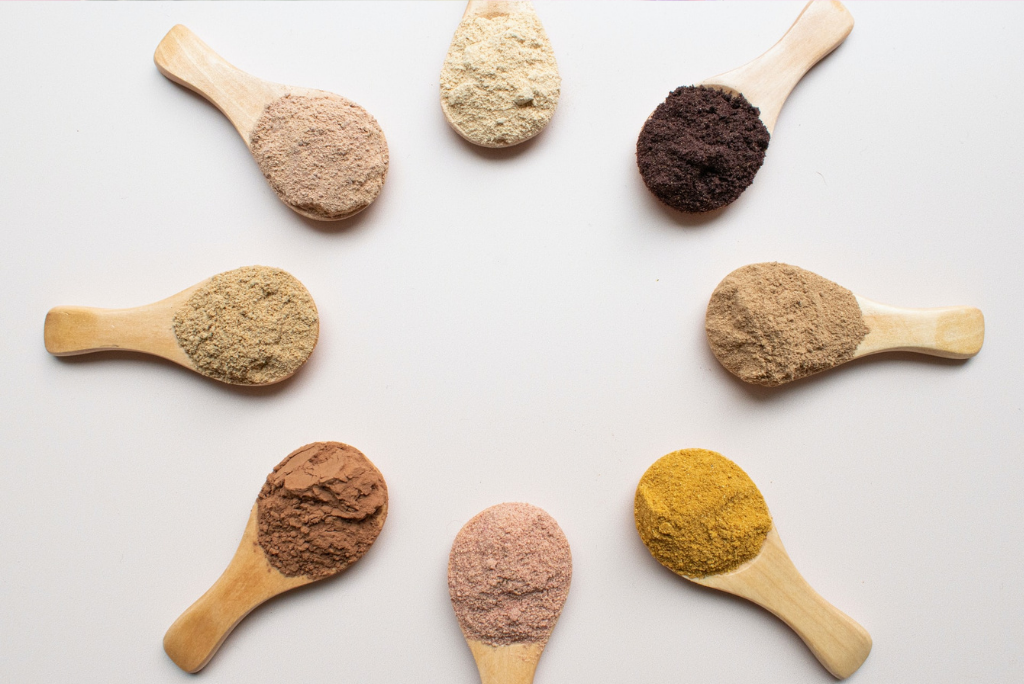

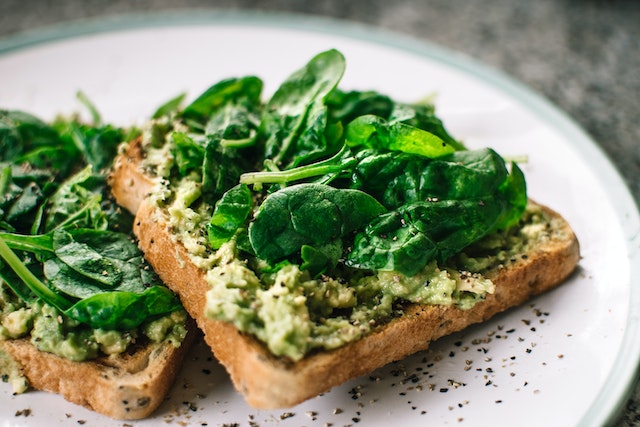
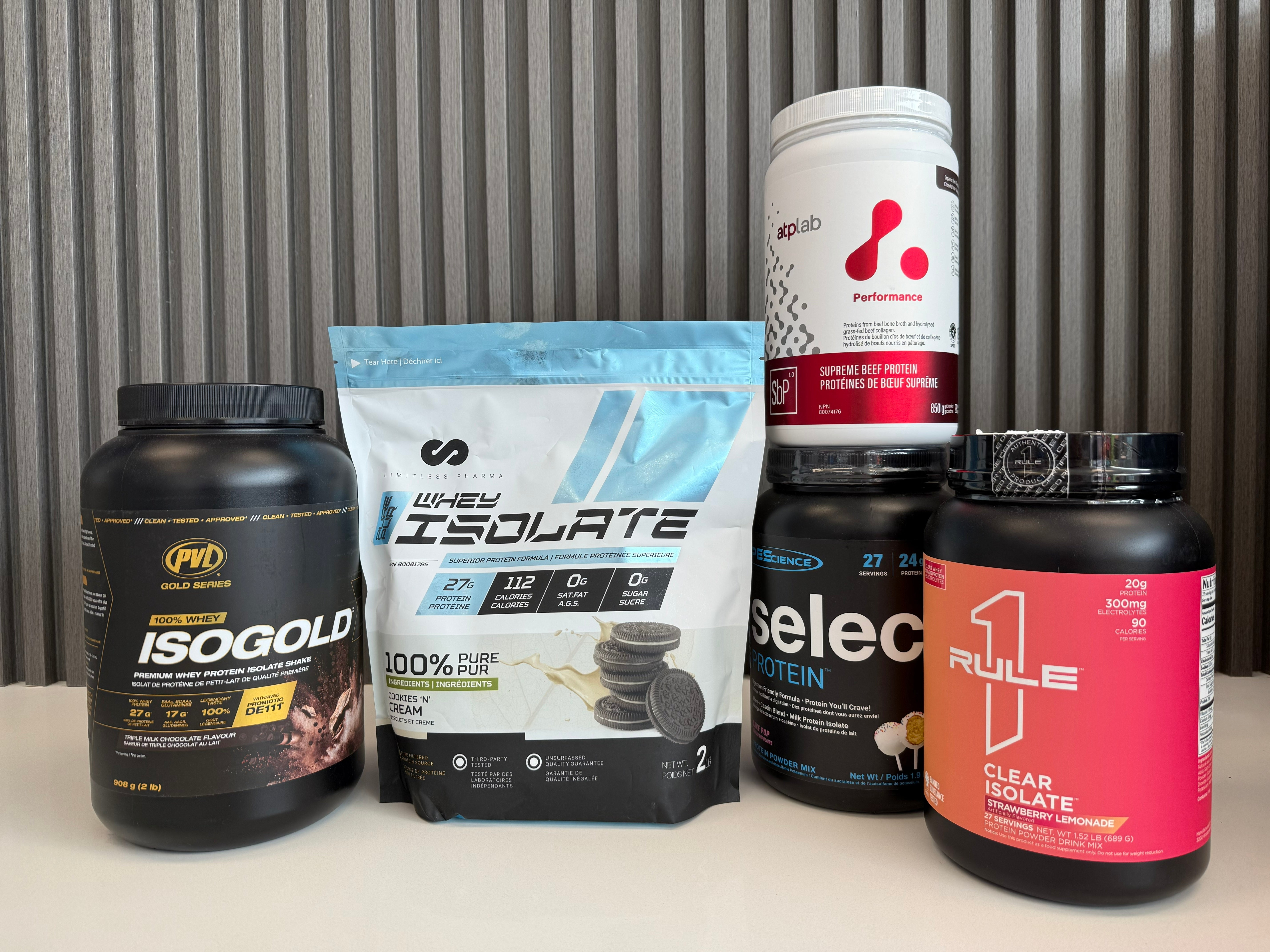
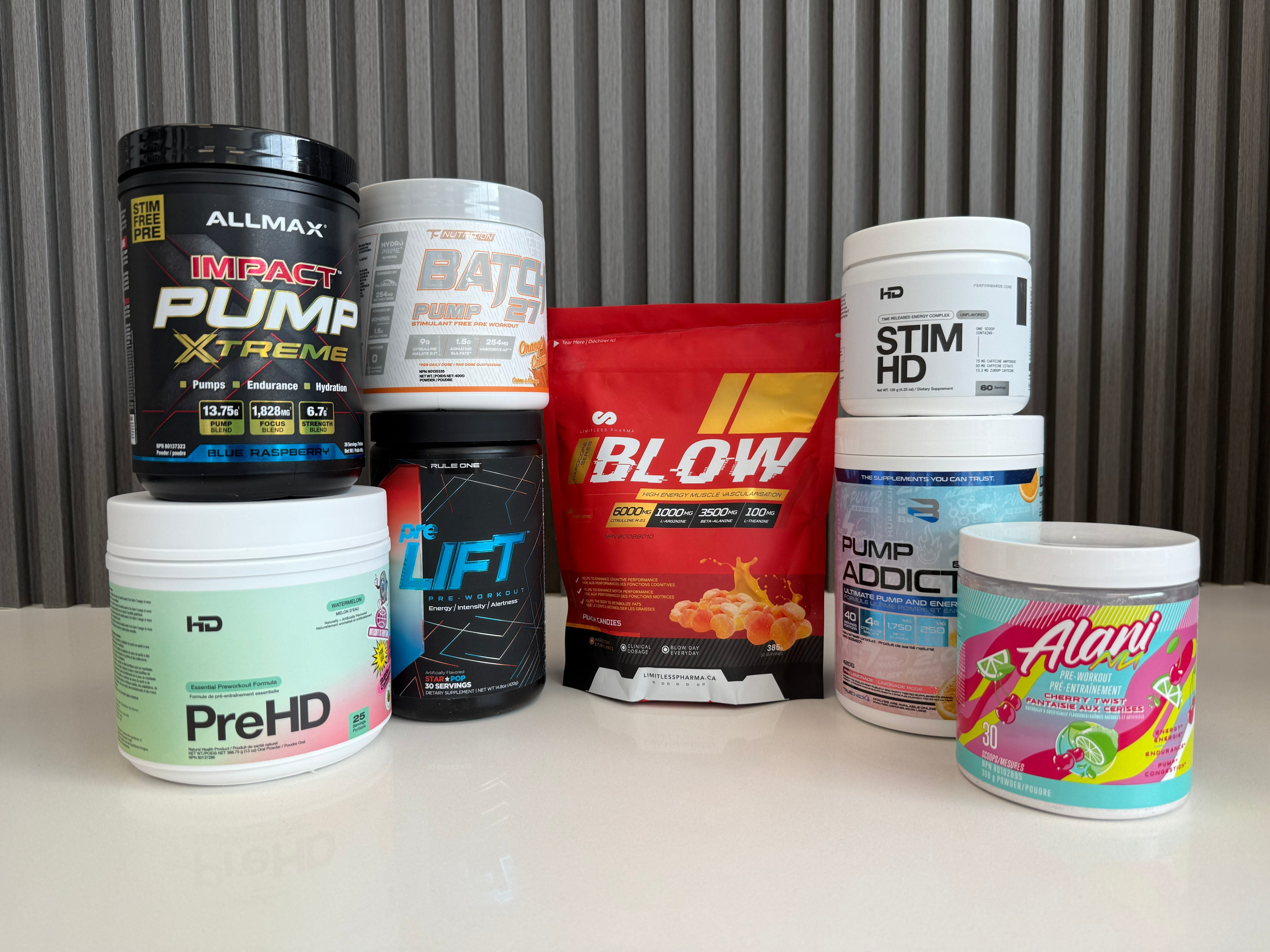
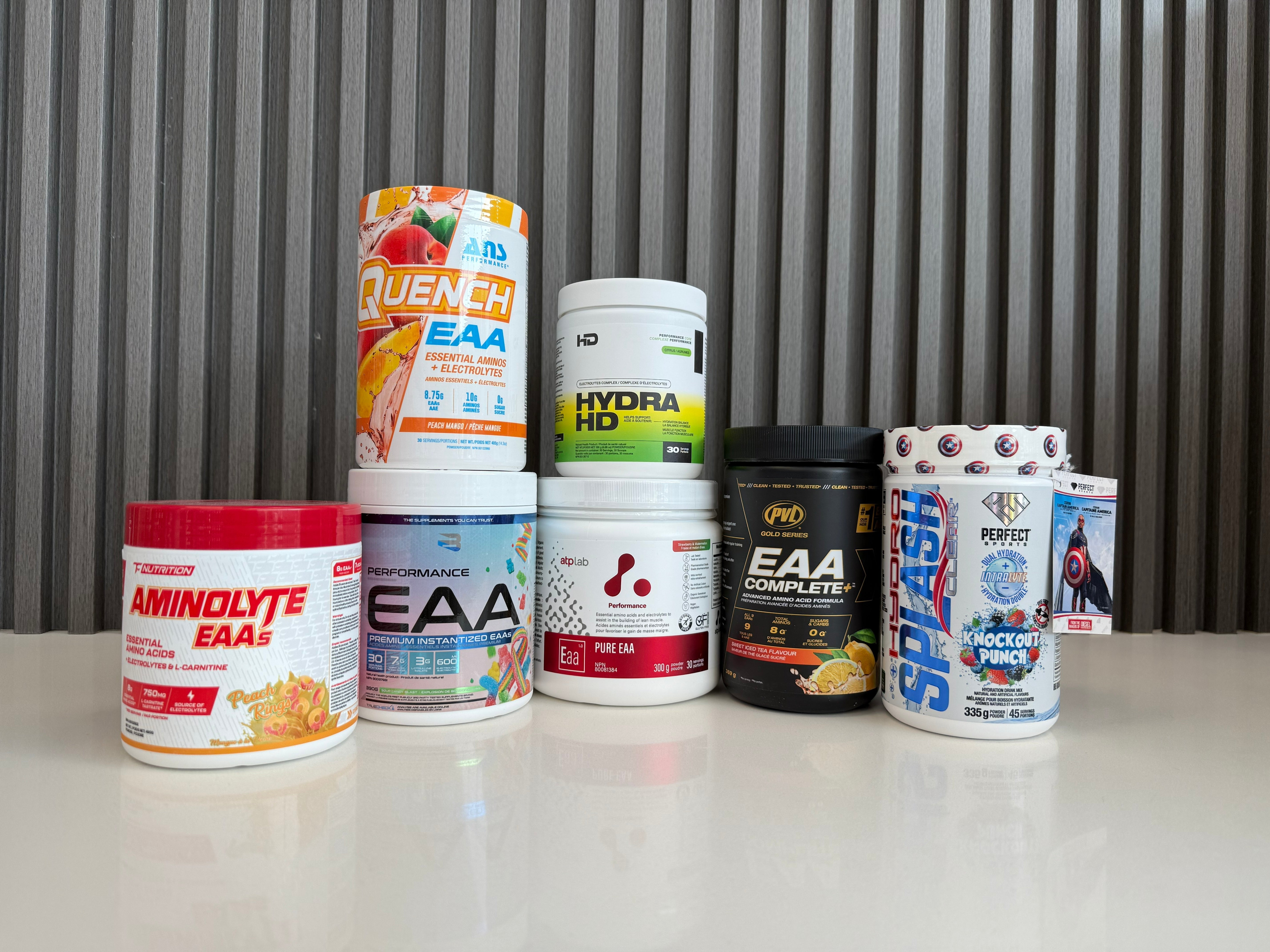
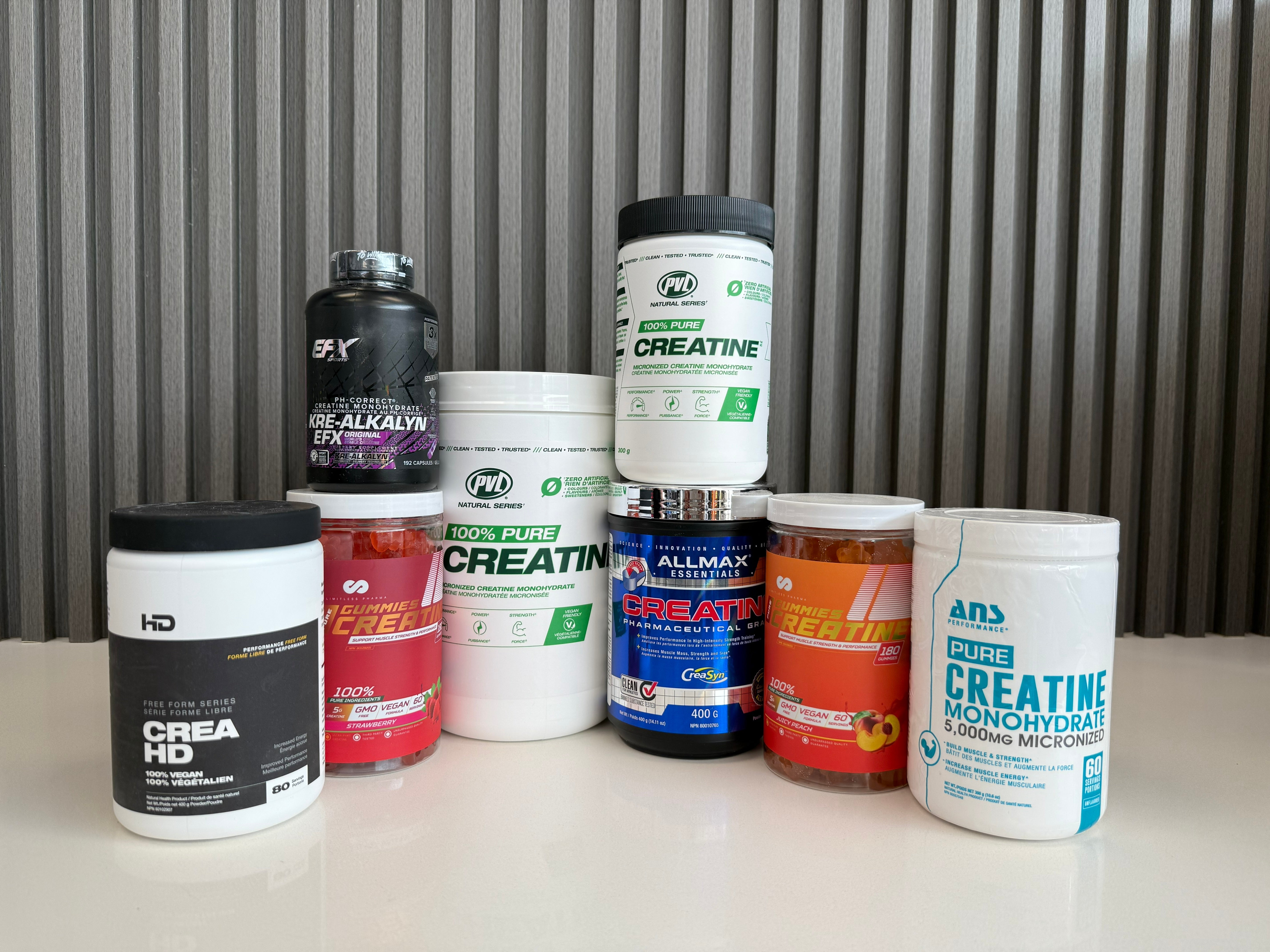
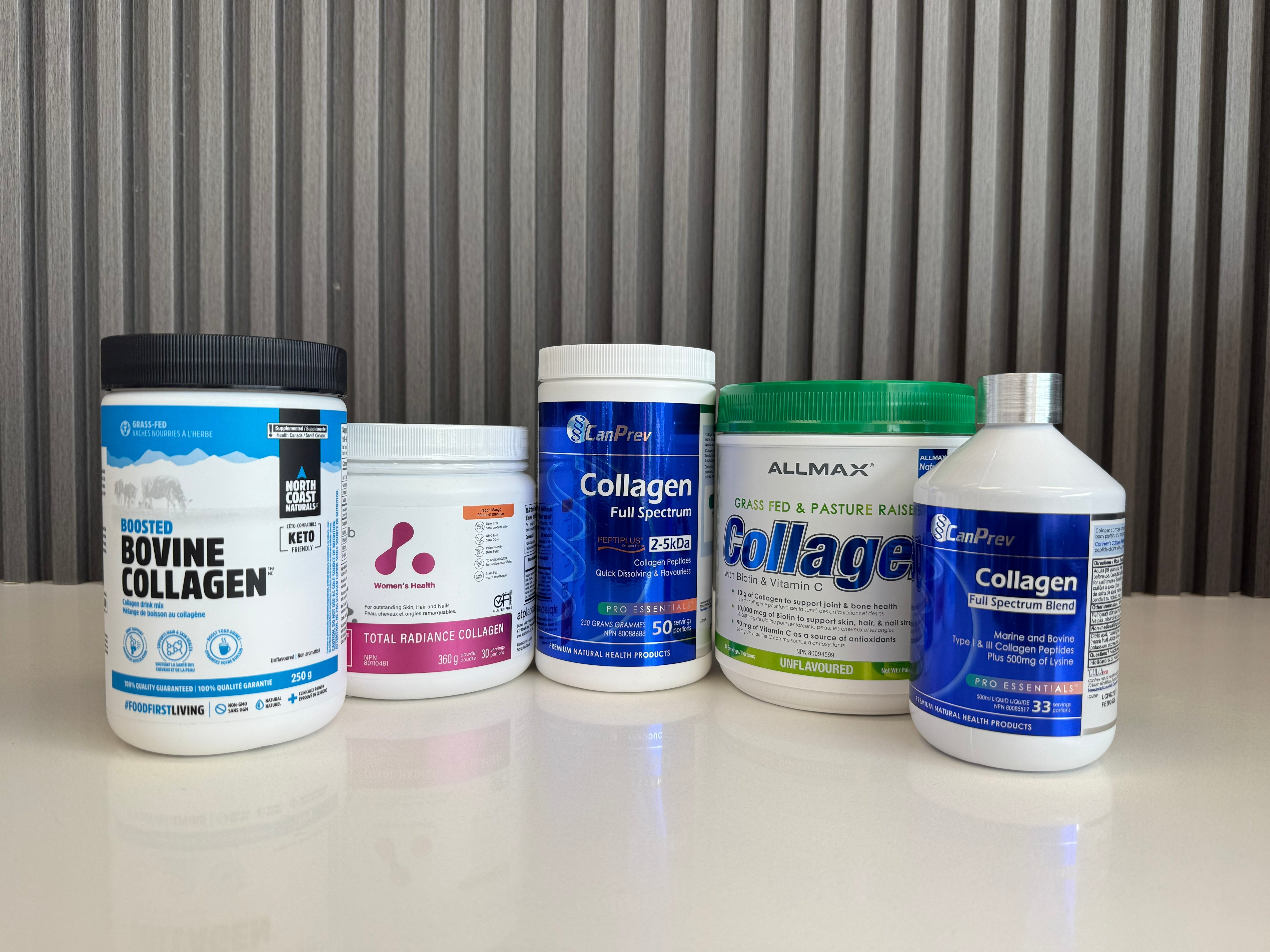
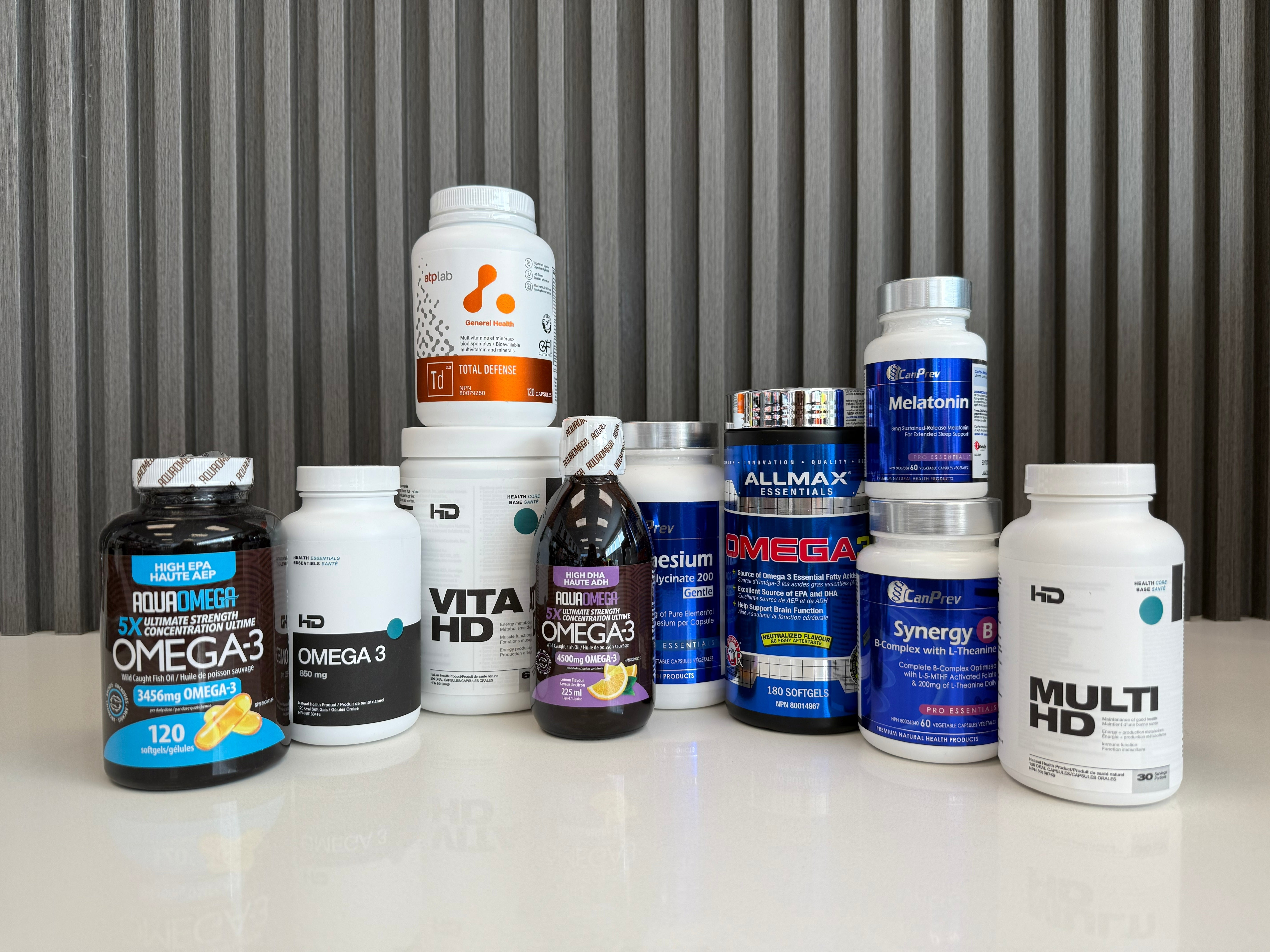
Laisser un commentaire
Tous les commentaires sont modérés avant d'être publiés.
Ce site est protégé par hCaptcha, et la Politique de confidentialité et les Conditions de service de hCaptcha s’appliquent.